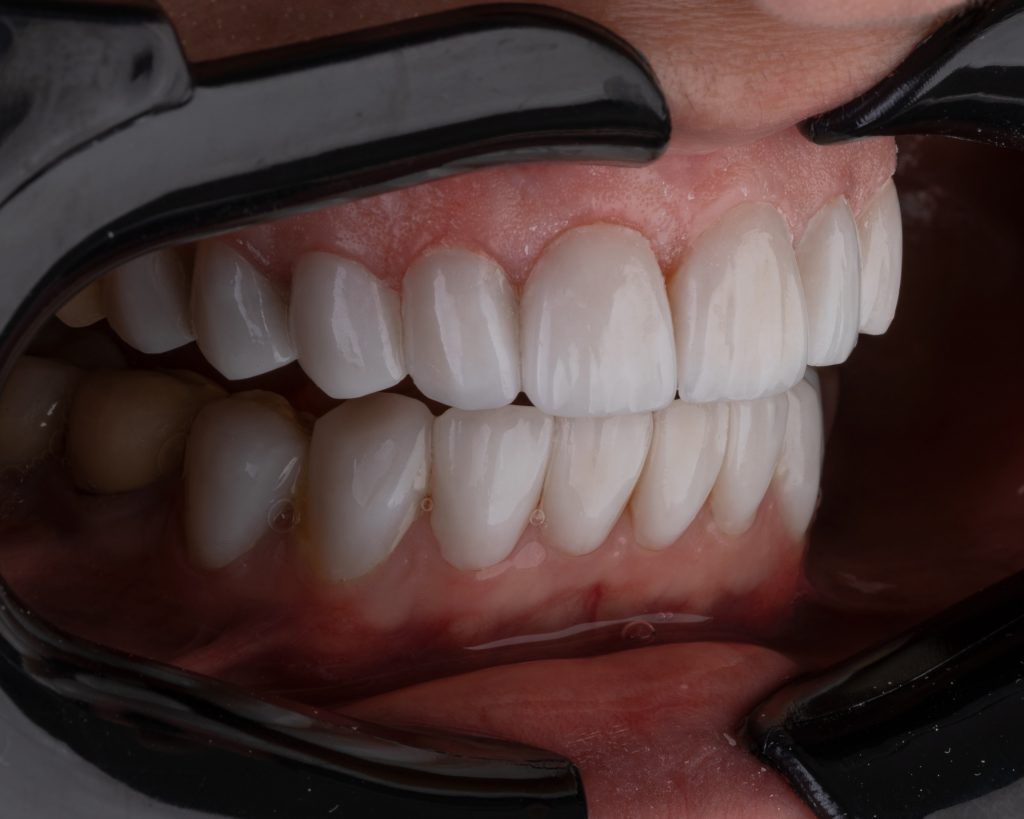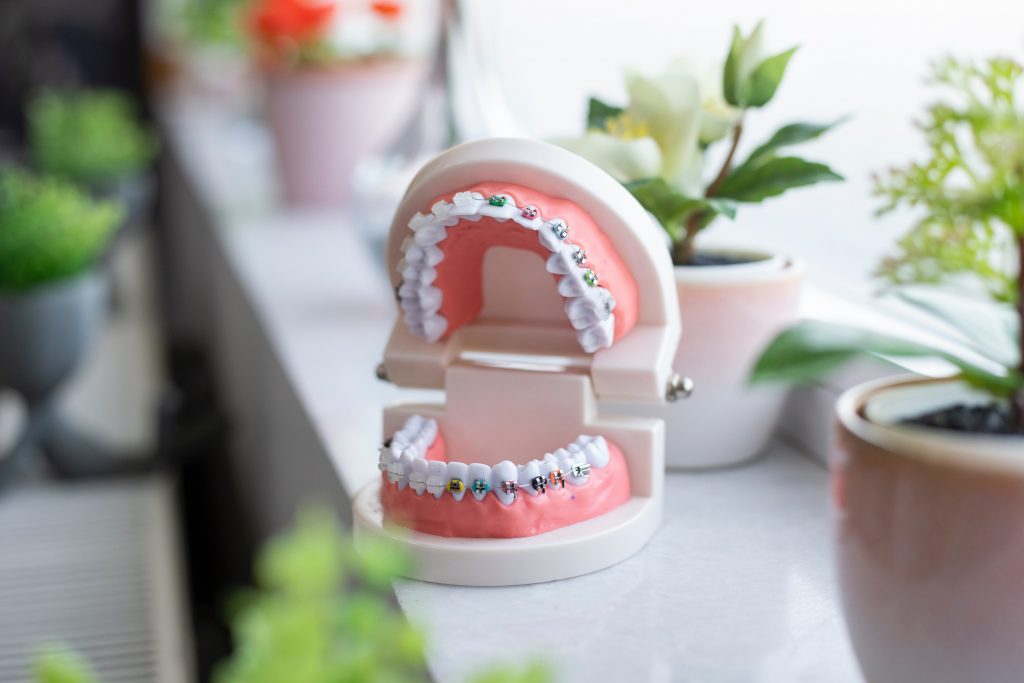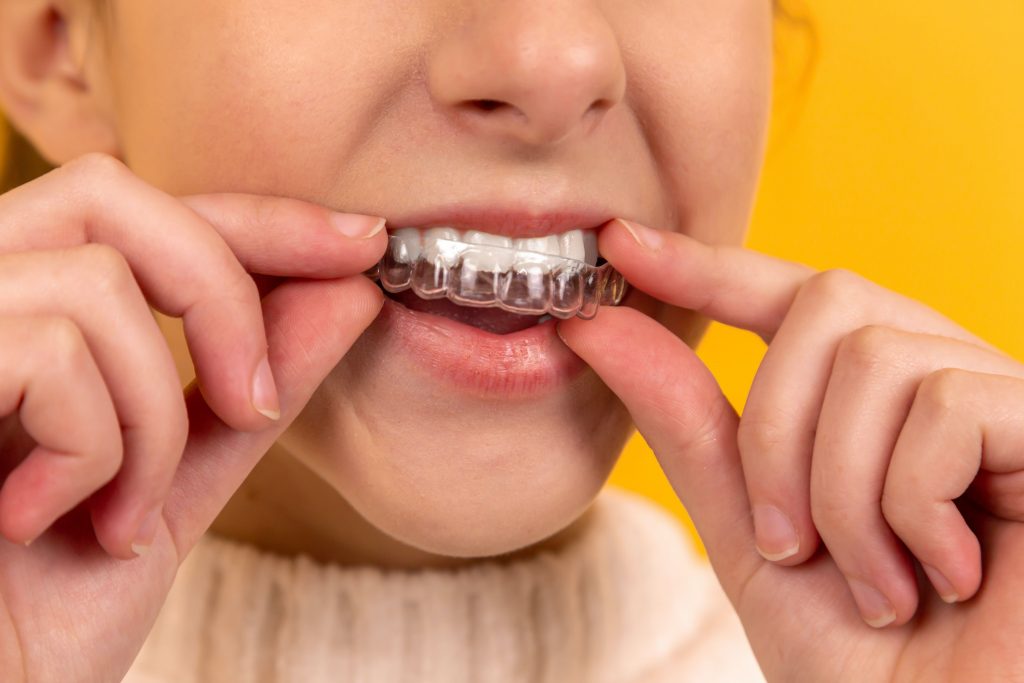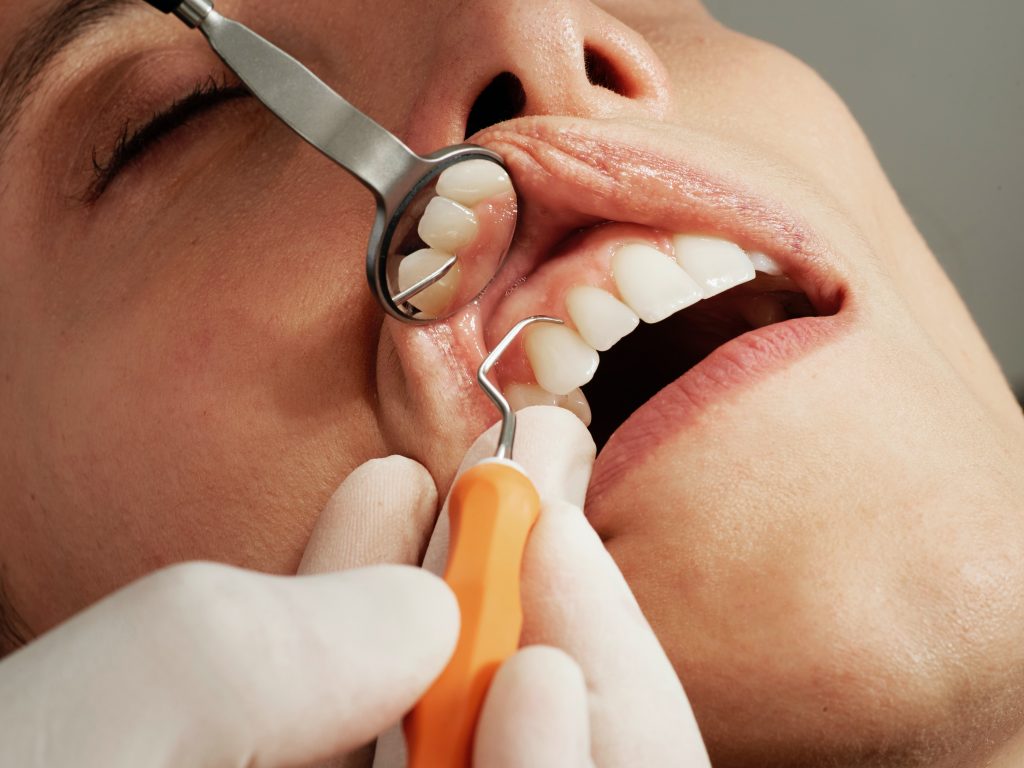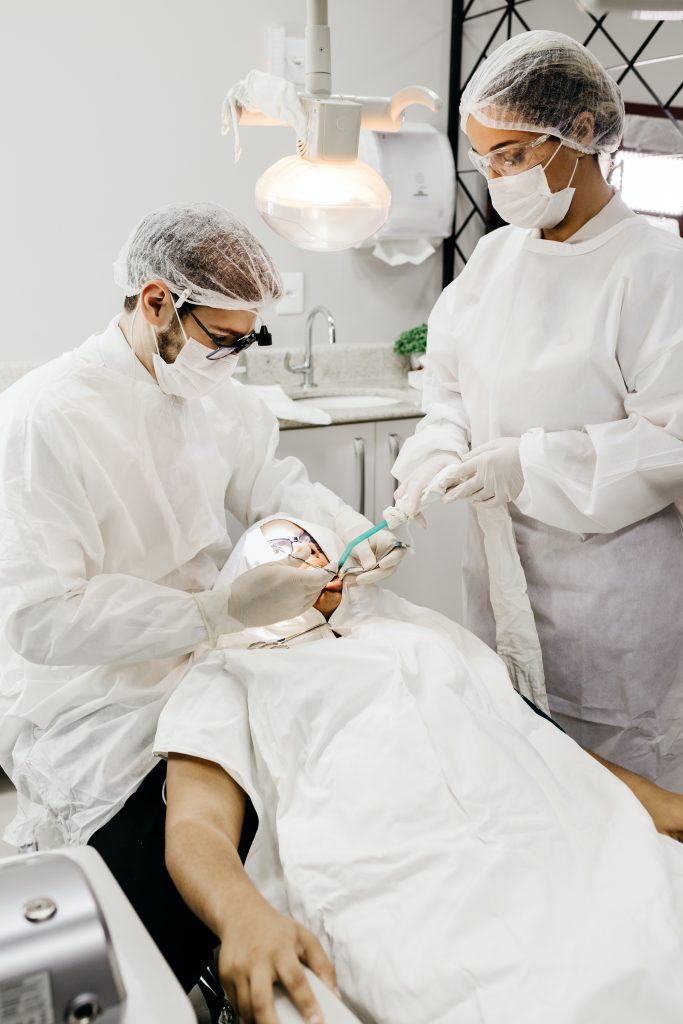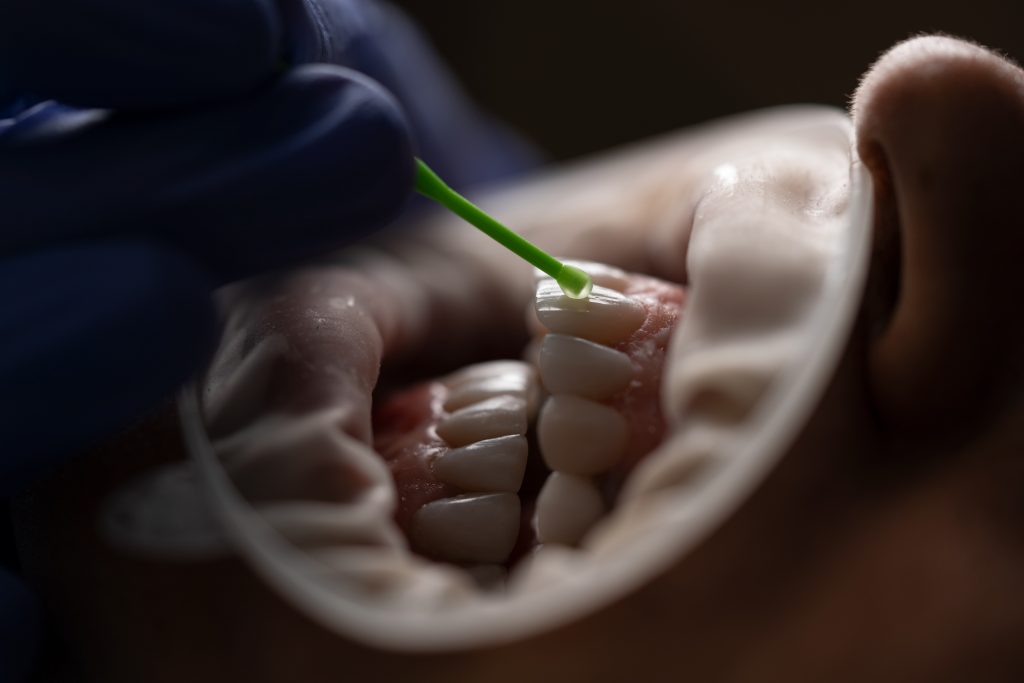
Bad breath, or halitosis, is more than just a social concern—it can be a telltale sign of underlying health issues. Understanding its causes and exploring its remedies is a crucial part of maintaining good oral and overall health.
The most common cause of bad breath is poor oral hygiene. When we eat, food particles that get stuck between our teeth, on our tongue, and around our gums begin to decompose, leading to an unpleasant smell. If you don’t brush and floss regularly, these particles can accumulate, providing a breeding ground for bacteria, which can exacerbate the foul odor.
Certain foods, especially those with a strong odor like onions and garlic, can also cause temporary bad breath. Furthermore, unhealthy habits like smoking and excessive alcohol consumption can contribute to persistent halitosis.
In some cases, bad breath can indicate more serious health issues. Chronic bad breath could be a sign of dental problems such as gum disease or tooth decay. It may also be a symptom of certain systemic illnesses, including diabetes, chronic acid reflux, liver or kidney disease, or sinus infections.
To combat bad breath, good oral hygiene is your best defense. Brush twice a day with a fluoride toothpaste to remove food debris and plaque, floss daily to clean the areas your toothbrush can’t reach, and use a mouth rinse to kill bacteria and freshen your breath. Stay hydrated and avoid dry mouth, which can exacerbate bad breath. Regular dental check-ups are also crucial to detect and address any oral health problems that may contribute to bad breath.
If you maintain good oral hygiene but still struggle with persistent bad breath, it’s essential to consult a healthcare professional. As dental practitioners, we know that oral health is deeply intertwined with systemic health. Addressing bad breath isn’t just about improving your social interactions—it’s a critical part of your overall well-being.
Contact Us For An Appointment

